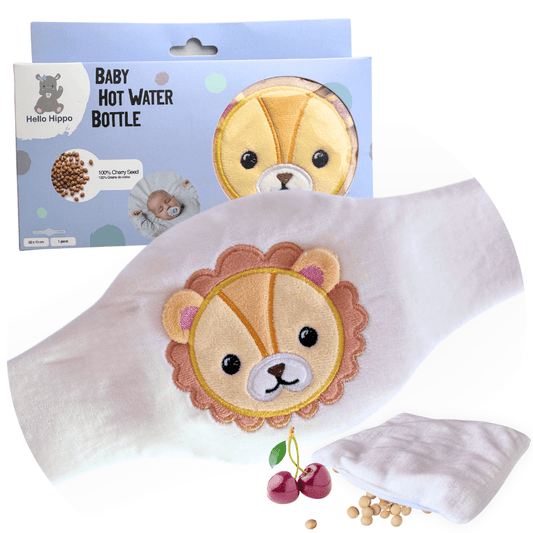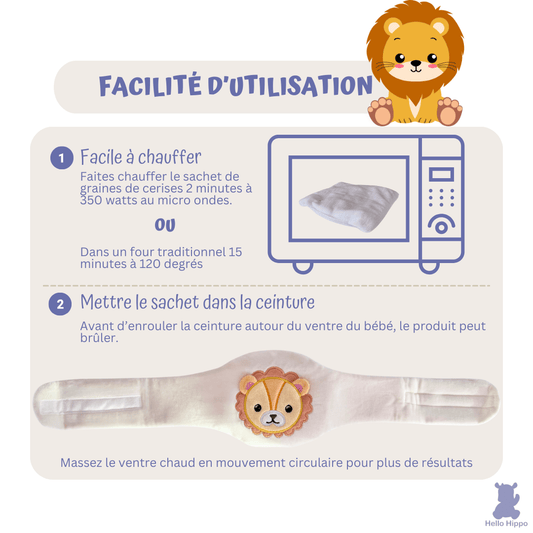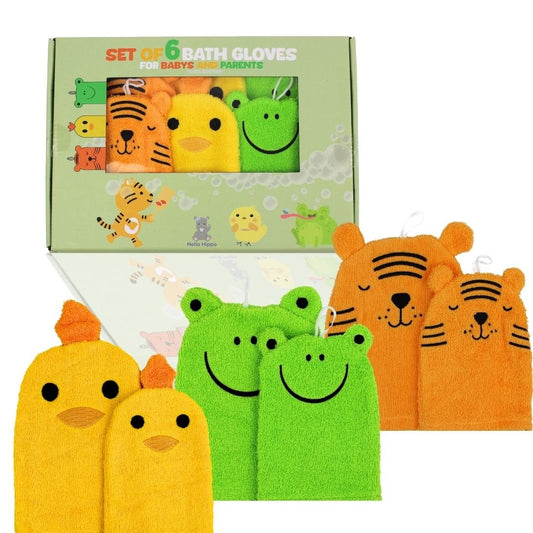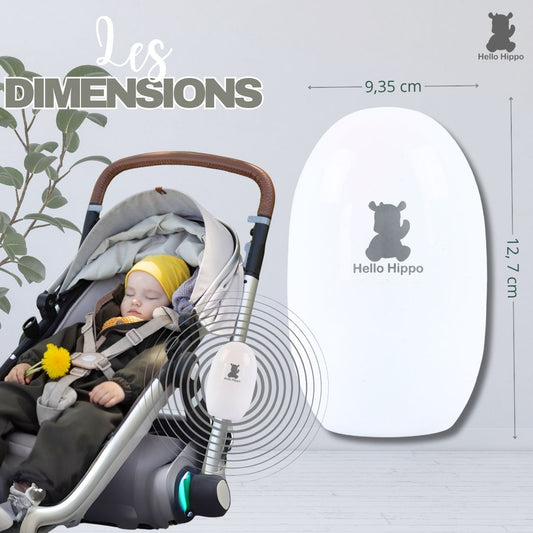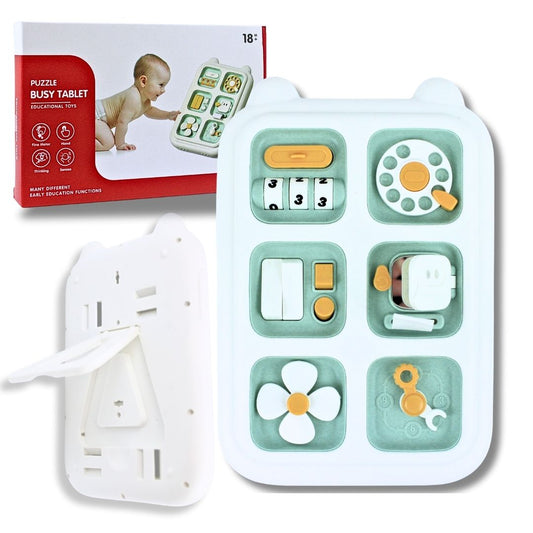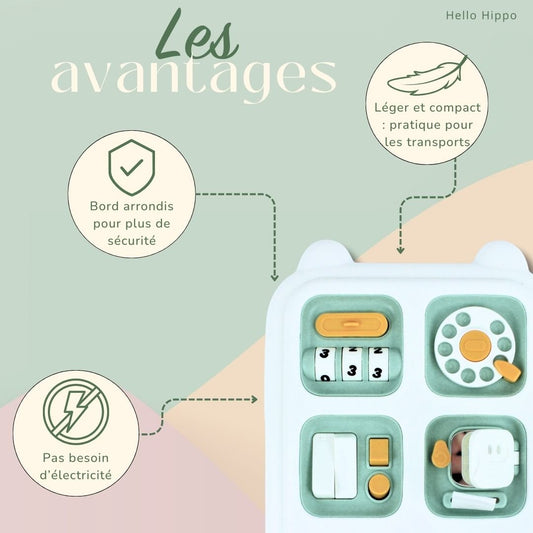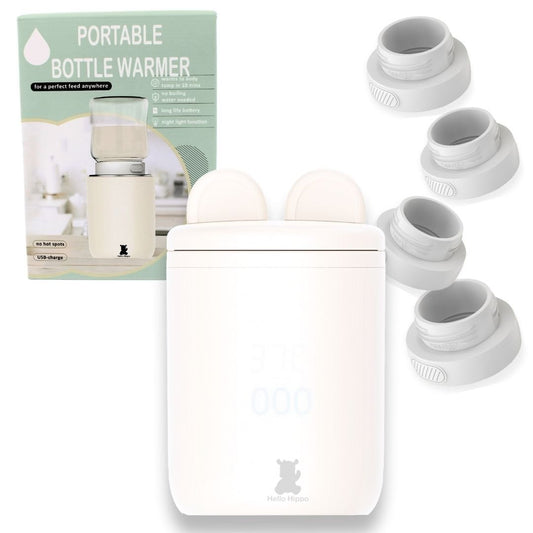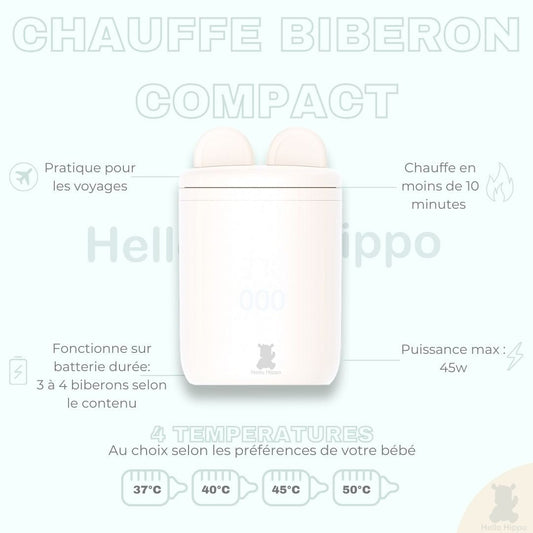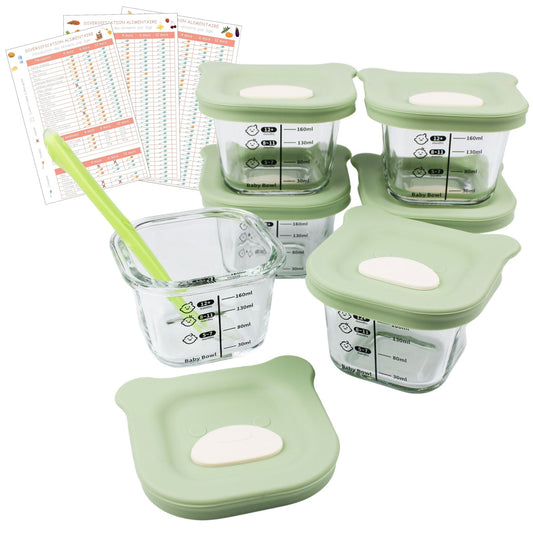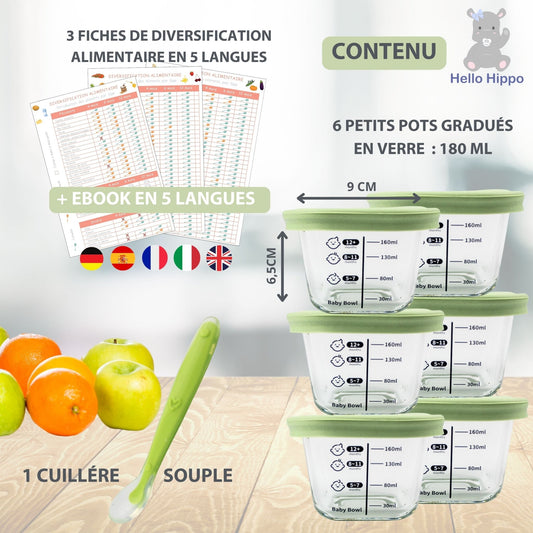From 4 to 6 months, babies enter the exciting phase of introducing solid foods. This marks the moment when they’re ready to explore new flavors such as vegetables, fruits, and grains. Combined with breast milk or infant formula, the introduction of solid foods helps develop their palate. Most importantly, it meets their growing nutritional needs. In this guide, we’ve gathered the 10 essential foods to help you navigate this exciting journey. Note that we’ve excluded meat and fish, as their introduction should be guided by a healthcare professional before the first 12 months.
Carrots
Vegetables are often among the first foods offered to babies as an alternative to breast milk. Carrots, a favorite recommended by nutritionists, are rich in vitamins A, C, and beta-carotene. Their naturally sweet taste makes them popular with babies. Carrots are perfect for making smooth, creamy purees.
Sweet Potatoes
Sweet potatoes are an ideal starchy food to diversify your baby’s diet. They are not only highly nutritious but also help improve digestion thanks to their fiber content. Their creamy texture is perfect for first purees, and they blend well with other vegetables.
Zucchini
Zucchini is light and easy to digest, making it a great vegetable to introduce green foods to your baby. This low-allergen vegetable can safely be added at the start of the weaning process. It also provides essential vitamins and fiber to support healthy growth.
Apples
Apples are an excellent source of vitamins and fiber. When turned into applesauce, they become a delightful sweet treat for little ones. They also pair wonderfully with other fruits to offer variety.
Pears
Pears are a fruity alternative to vegetables, similar to apples in their mildness and nutritional value. They can be steamed or made into a puree, providing a healthy snack for your baby.
Pumpkin
Pumpkin is rich in vitamins and minerals, with its vibrant orange flesh being a nutritional powerhouse. Its naturally sweet flavor is especially appealing to babies. It can be combined with other vegetables for added variety.
Spinach
From 6 to 8 months, spinach can be introduced in small quantities as a great source of iron. Mixed with potatoes or carrots, it creates a balanced and nutritious puree.
Peas
Peas are a valuable source of vitamins and plant-based proteins, supporting your baby’s physical development. Their naturally sweet flavor is often a hit. To soften the texture, it’s best to mix peas with a little water or milk.
Green Beans
Green beans can be cooked and pureed for babies starting at 6 months. They are low in calories but packed with fiber, making them a gentle introduction to green vegetables. Easy to digest, they’re an excellent choice for first solid foods.
Avocado
Rich in healthy fats, fiber, and vitamins, avocado is another great option for little ones. Its creamy texture makes it easy to mash into a puree, suitable for babies from 6 months. Avocado also provides essential nutrients for brain development and skin health. It can be mixed with carrots or sweet potatoes for a variety of flavors.
Baby Food Storage: Small Glass Jars for Better Meal Preservation
When introducing solid foods, proper storage of purees and compotes is essential. Small glass jars are the ideal solution, offering practical and safe benefits for parents and babies alike.
Glass jars ensure that baby’s meals stay fresh longer without compromising taste or risking contamination, unlike some plastic containers. Being non-porous, glass helps preserve the nutritional quality of homemade purees and other baby meals.
Another major advantage of these jars is their versatility. They can be refrigerated, allowing you to prepare meals in advance and save time. You can also freeze meals and simply microwave the jars when needed, eliminating the need to transfer food to another container.
In addition to their practicality, glass jars help reduce the use of disposable packaging and plastic containers. Easy to clean and reusable, they are designed to withstand extreme temperatures and impacts, ensuring safe and durable use.
Finally, these jars allow for easy and precise portion control, making it simple to manage baby’s nutritional intake and offer a variety of meals daily.
Tips for Starting Solid Foods
- Start gradually, keeping milk as the main food source until around 12 months.
- Introduce soft vegetables like carrots or green beans as the first foods, prepared as smooth steamed purees.
- Offer one new food at a time to monitor baby’s reaction.
- After two weeks of introducing vegetables, you can start mixing fruits.
- It’s normal for babies to eat very little at first. Be patient and introduce new foods in small amounts, increasing gradually.
- Babies will continue to meet their nutritional needs with milk, so don’t worry if solid food consumption varies.







